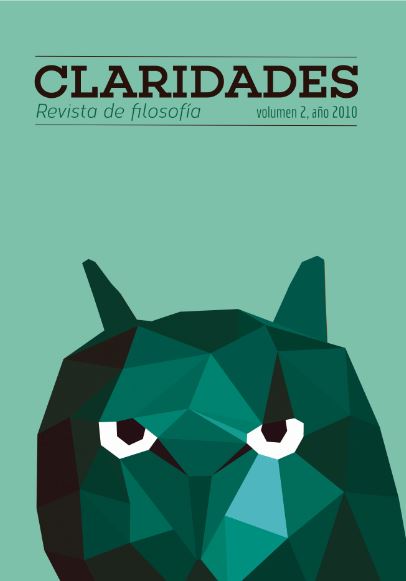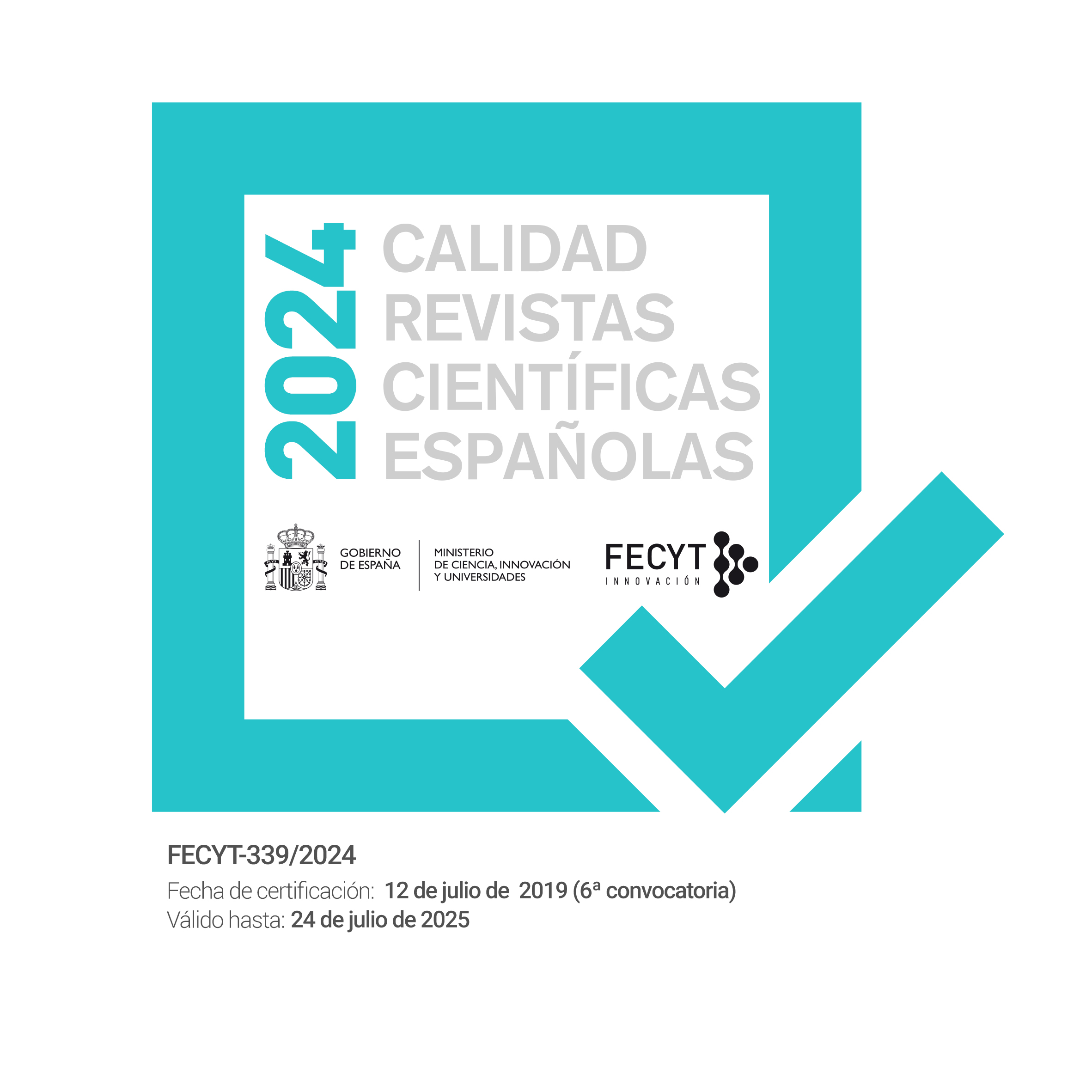Hegel's platonism: the absolute
DOI:
https://doi.org/10.24310/Claridadescrf.v2i0.3931Keywords:
PLATO, HEGEL, ABSOLUTE, SYSTEM ONTOLOGY,Abstract
Hegel was the last philosopher to explain the philosophy as a system. He is the Platonic tradition where the Absolute unfolds internally as System. Hegel was the initiator, even before Heidegger and Gadamer,hermeneutics. Critical Kant showed that the presence of two parallelworlds is just an illusion of reason too wedded to the sacredness of the thing itself. Hegel has shown, long before Heidegger, to be time and have an ontological overlap, the horizon of Dasein is on course to be the same, and that as history unfolds, and that "going up and down that is the same. For the Phenomenology of Spirit shows that the path of consciousness that rises to the Absolute, traveled seriously, pain, patience and the work of the negative (PhG, § 9) is both Ontology and Science.Downloads
Metrics
Publication Facts
Reviewer profiles N/A
Author statements
Indexed in
-
—
- Academic society
- N/A
- Publisher
- Asociación para la promoción de la filosofía y la cultura en Málaga (FICUM) y UMAEditorial
Downloads
Published
How to Cite
Issue
Section
License
Copyright (c) 2018 Claridades. Revista de Filosofía

This work is licensed under a Creative Commons Attribution-NonCommercial-ShareAlike 4.0 International License.
Esta revista provee acceso libre inmediato a su contenido bajo el principio de hacer disponible gratuitamente la investigación al público. Todos los contenidos publicados en Claridades. Revista de Filosofía, están sujetos a la licencia Creative Commons Reconocimento-NoComercia-Compartirigual 4.0 cuyo texto completo puede consultar en <http://creativecommons.org/licenses/by-nc-sa/4.0>
Es responsabilidad de los autores/as obtener los permisos necesarios de las imágenes que están sujetas a derechos de autor.
Los autores/as cuyas contribuciones sean aceptadas para su publicación en esta revista conservarán el derecho no exclusivo de utilizar sus
contribuciones con fines académicos, de investigación y educativos, incluyendo el auto-archivo o depósito en repositorios de acceso abierto de cualquier tipo.
La edición electrónica de esta revista esta editada por la Editorial de la Universidad de Málaga (UmaEditorial), siendo necesario citar la procedencia en cualquier reproducción parcial o total.

















6.png)
